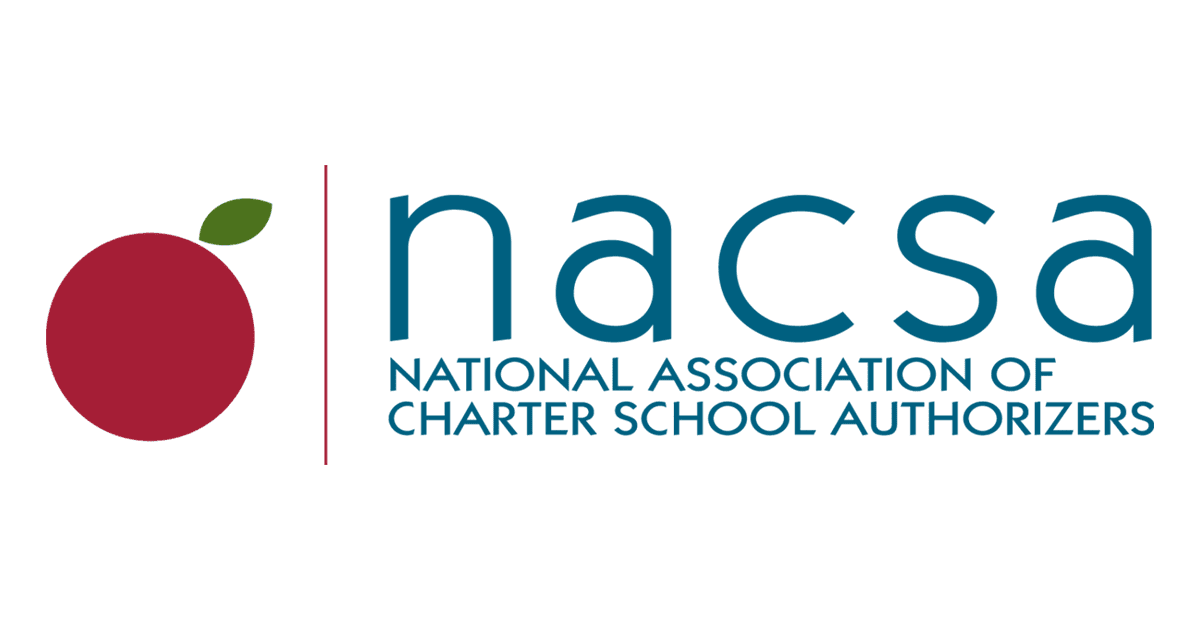 Greg Richmond, the President and CEO of the National Association of Charter School Authorizers (NACSA), works with school systems and authorizers nationwide to improve authorizing practices and create great charter schools. In a recent article for The 74, Richmond talks about why the important work of authorizing is often misunderstood in the world of education reform.
Greg Richmond, the President and CEO of the National Association of Charter School Authorizers (NACSA), works with school systems and authorizers nationwide to improve authorizing practices and create great charter schools. In a recent article for The 74, Richmond talks about why the important work of authorizing is often misunderstood in the world of education reform.
“There’s work to be done to address misunderstandings as well as rightful critiques. Some criticize authorizers for stifling innovation, while others call out authorizers for allowing failing schools to replicate and grow,” explains Richmond.
It is Richmond’s goal to bring attention to the qualities of good charter school authorizing:
- It’s about creating good public school choices for families – Good authorizers evaluate the risk/reward trade-off about which schools would provide the best education opportunities for children
- It’s about spurring innovation – Protecting the autonomy of teachers and school leaders allows them to be problem solvers in their communities
- It’s about clear expectations on the front end and strong accountability on the back end – Otherwise known as the “tight, loose, tight” approach, this means letting the school choose how to achieve its goals but holding schools to expectations at renewal time
Richmond believes that without good charter school authorizing, the sector will continue to face “rightful criticism” from across the political spectrum. Read the full article here for more of Richmond’s thoughts on the responsibilities of good school authorizers.